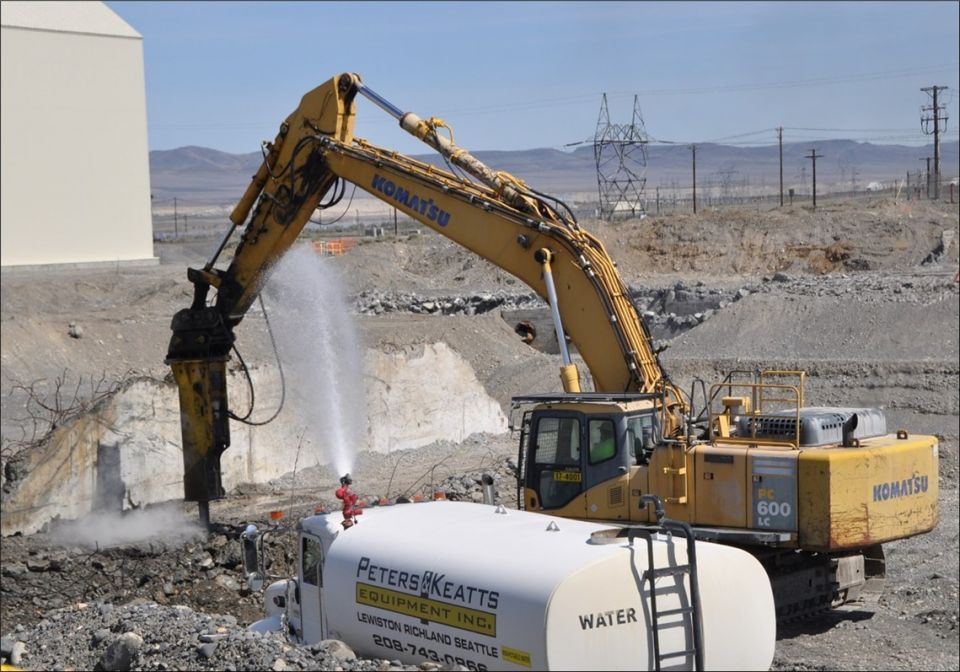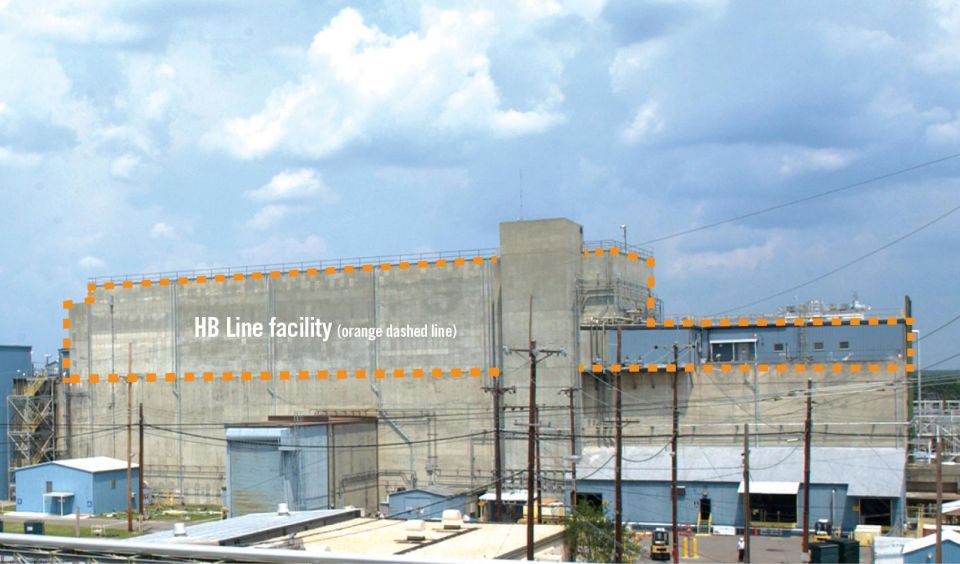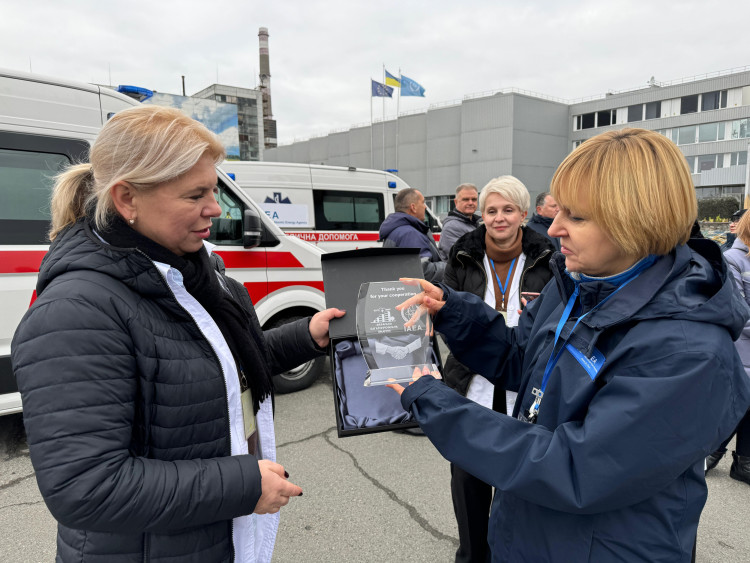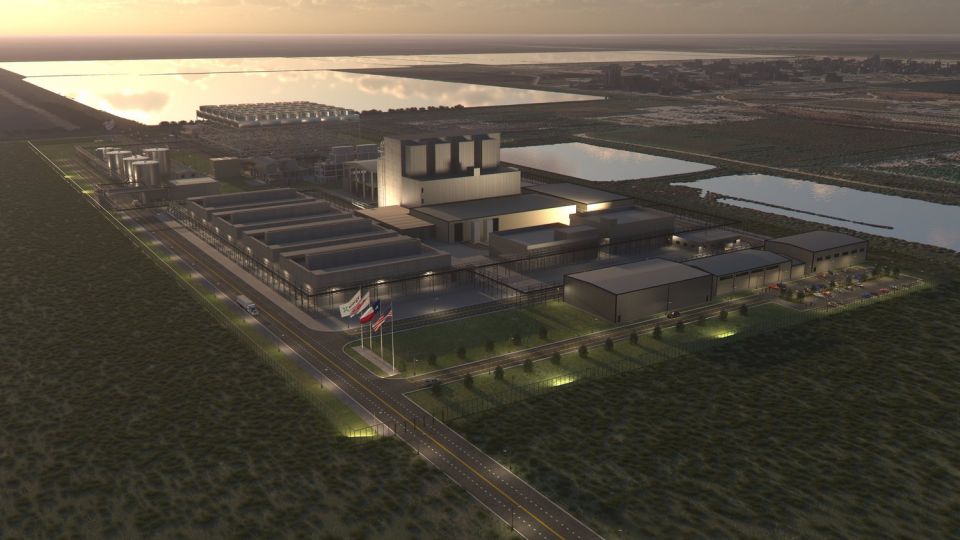Although Ghana and the vendor companies signed a framework agreement, no formal contract has been signed as experts continue to study environmental and oceanic data for site selection, the news agency also reported.
Ghana’s leadership: In a March 2024 Nuclear News article (p.16), Aleshia Duncan wrote, “As we engage various countries on the African continent regarding their desire to pursue nuclear as an important part of their energy mix, Ghana has emerged as a nation that offers a unique partner profile that is aligned with our mission to support emerging markets and build regional leaders while also being motivated by its own sense of urgency in deploying new nuclear.
“Ghanaian officials have often said publicly, ‘Where Ghana goes, the others on the continent will follow,’” added Duncan, who serves as the deputy assistant secretary for international nuclear energy policy and cooperation in the U.S. Department of Energy’s Office of Nuclear Energy.
Background: In 2024, Nuclear Power Ghana and U.S. nuclear technology project developer Regnum Technology Group reached an agreement to deploy a single NuScale VOYGR-12 SMR.
NuScale’s SMR uses advanced light water technology and can be scaled to size. Each unit generates 60 MW of power, and the plant can hold up to 12 modules.
Ghana eagerly has been pursuing clean, reliable nuclear power since signing the COP28 agreement in support of tripling nuclear power globally by 2050.
What’s next? Ghanian officials want to add 1 GW of nuclear power to its grid by 2034.
Nuclear Power Ghana is working with the DOE to launch a training center in Accra, which will support a strong workforce and ensure safety in operations, according to a JD Supra article posted this week.
Also, the International Atomic Energy Agency mapped out a three-phase approach for African nations pursuing new nuclear:
- Phase 1—Conduct a prefeasibility study and key considerations for incorporating nuclear power in the country’s energy strategy.
- Phase 2 —Do the preparatory work for constructing the plant, including alignment with the state’s legal and regulatory framework with international requirements around nonproliferation, nuclear liability, and safety).
- Phase 3—Comple the first nuclear plant and begin operations.
South Africa is currently the only African country that has completed all three phases and has an operating nuclear facility, according to the JD Supra article. But Ghana did recently host IAEA experts to look at preferred site options.
Quotable: “We need to fast-track the adoption of nuclear power to secure our energy future,” said Archibold Buah-Kwofie, deputy director of the Nuclear Power Institute of the Ghana Atomic Energy Commission, in Ghana Business News. He also lamented that Ghana’s energy mix is currently dominated by fossil fuels and hydro power while renewables contribute only 1 percent.
Yamoah added in the same news article: “Nuclear power is not just an option; it is a necessity for Ghana’s economic future. With the increasing demand for electricity to support industries and households, nuclear energy provides a dependable, cost-effective, and environmentally friendly solution.”





